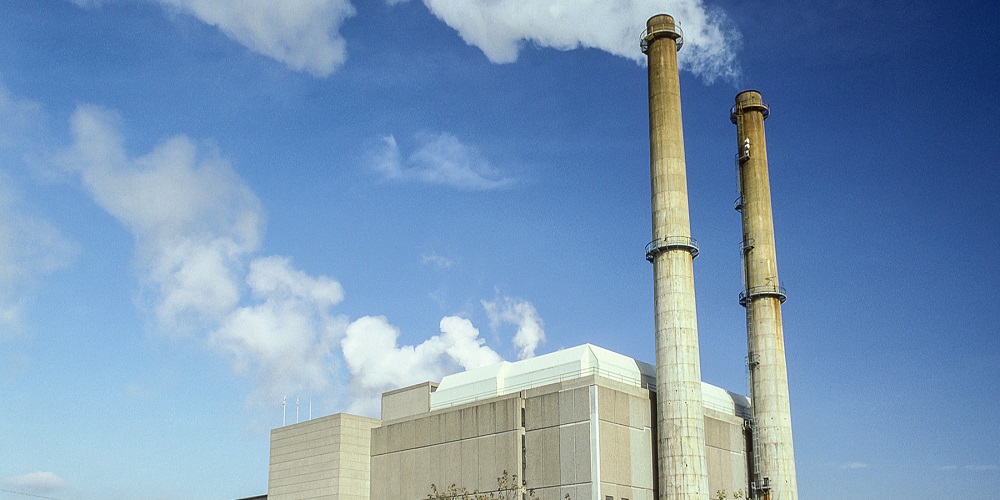New study finds climate and energy plans at odds with EU targets for circular economy and emissions reductions
For immediate release – Five countries in central and eastern Europe all plan a variety of waste incineration methods in their national energy and climate plans (NECPs), jeopardising their ability to meet mandatory European targets aimed at improving recycling rates, fostering a circular economy and reducing greenhouse gas emissions in the sector, finds a new report from CEE Bankwatch Network.
5 June 2019

Illustrative photo: Des Carrières garbage incinerator in Montreal, Canada. Currently decommissioned.
The new report ‘Up in smoke’ is available here.
The NECPs in Bulgaria, Hungary, Latvia, Poland and Slovakia include large incinerators with energy recovery, the conversion of combined heat and power plants to co-fire waste with coal or biomass or the co-incineration of waste at cement kilns and nearly obsolete power plants. Yet the plans lack strong and credible policies aimed at finding alternatives to deliver cleaner waste management and heating systems, in spite of recommendations from the Commission in its European Semester and early warning procedure [1].
As burning waste generates significant amounts of greenhouse gas emissions, and energy recovery from incineration has long been demonstrated to achieve considerably lower greenhouse gas savings than recycling, the resource management measures in the NECPs miss important opportunities for climate-friendly spending.
In Bulgaria, the rate of emissions reductions from waste slowed when the country began incineration and will further decrease if more incinerators are built as planned in the NECP. Poland and Hungary face a similar situation, where investments in incineration will slow down recycling rates and therefore greenhouse gas emissions in the waste sector are expected to rise: in Poland, such emissions are set to triple by 2030.
The study also identifies significant risks that waste-to-energy measures will crowd-out financing for recycling schemes, as in Bulgaria, where the EUR 189 million Sofia incinerator is expected to use up more than a quarter of the country’s EU funds for waste management, and in Poland, where the Gdansk incinerator accounts for around half of the country’s total EU funds available thus far for the sector.
Izabela Zygmunt, Bankwatch campaigner with Polish Green Network, said, “A circular economy is good for the climate and for economies, but the proposed energy and climate plans in our countries will slow progress on achieving it. These NECPs would haemorrhage money on more expensive and unsustainable technologies that lock in waste management solutions incompatible with EU targets.’
Raphael Hanoteaux, Bankwatch EU policy officer, said, “Both the Commission and Parliament proposed a ban on investments for waste incineration in the post-2020 EU Cohesion Funds. But these Member States are headed in the wrong direction, even though more affordable and climate-friendly solutions are eligible for future EU funds. These unsustainable investments are a dangerous trend that goes against the Paris Agreement and the 2050 net-zero objective.”
For more information contact
Izabela Zygmunt, campaigner
Bankwatch and Polish Green Network
Email: izabela.zygmunt@bankwatch.org
Raphael Hanoteaux, EU policy officer
Bankwatch
Email: raphaelh@bankwatch.org
Notes
[1] European Commission, Early warning for Member States at risk of missing the 2020 target of 50% preparation for re-use / recycling for municipal waste
Never miss an update
We expose the risks of international public finance and bring critical updates from the ground – straight to your inbox.
